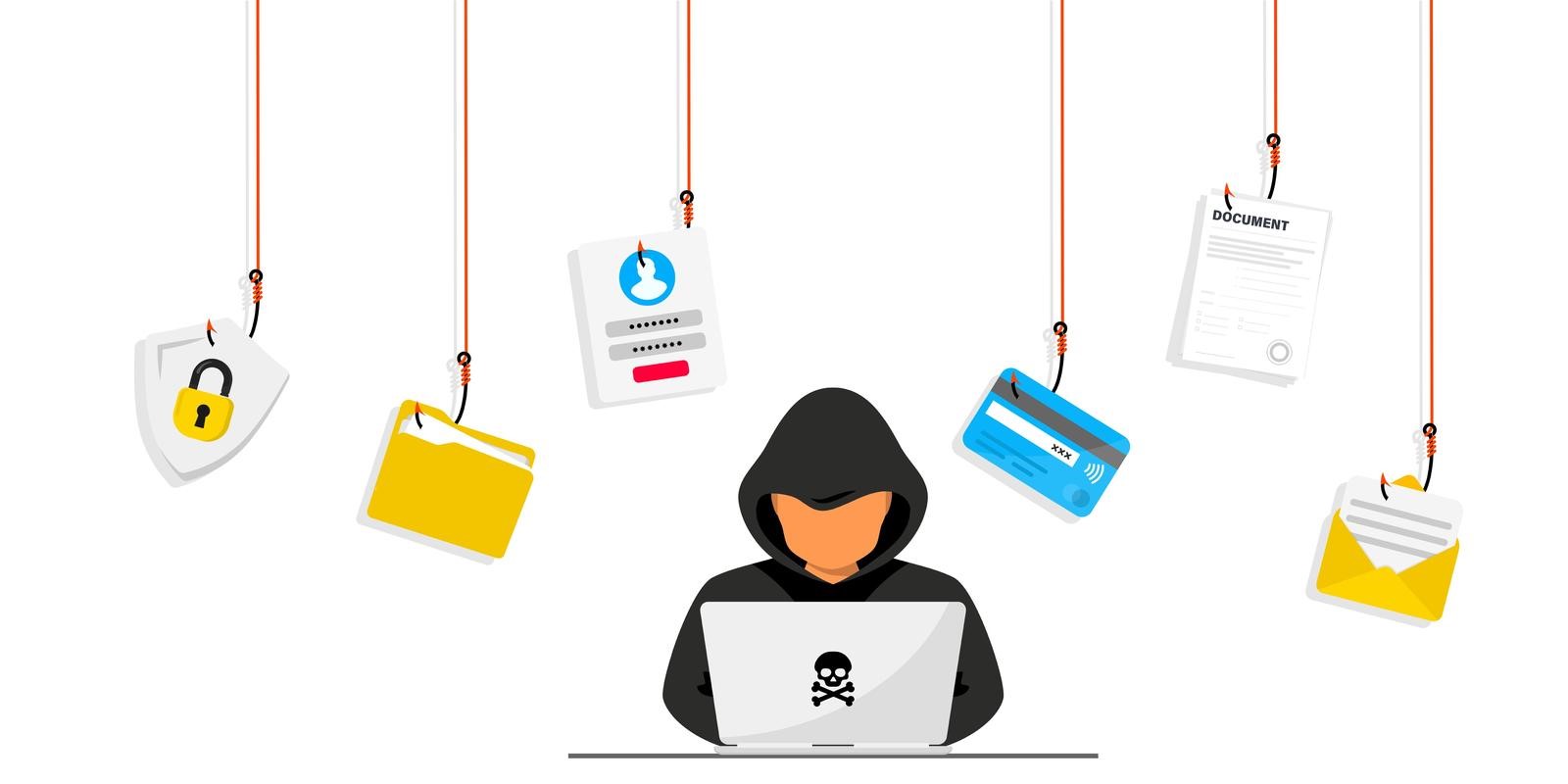Why You Should Avoid Doubtful Websites
Sep 16, 2021
iCrowdMarketing powered by iCrowdNewswire

The majority of people understand the risks of visiting insecure and suspicious websites. However, some people still take the risks because they don’t truly understand the potential consequences.
They can be used by cybercriminals to steal your personal information. Hackers can use your information to commit several different types of offenses. Not only can they steal your banking details and social media logins, but they can also commit identity theft.
However, hackers have become more crafty in recent times, and they understand that in order to catch people out, they need to be more clever. Some of their fake websites resemble ones that you are familiar with. You must be able to identify a fake website.
How Can Cyber Criminals Steal Your Personal Information?
Hackers are constantly developing new ways to steal personal information and infiltrate our devices. Their cunning strategies have evolved over the years to make it more and more difficult for people to spot scams.
A new tactic that is used by cybercriminals is phishing. The concept of phishing has been around for a relatively long time, however, it has been perfected during its lifespan. Phishing used to be easier to identify, however, cybercriminals have since become better at using it to trick innocent internet users.
Cybercriminals will put a fake website online to lure in unsuspecting internet users. The website can be related to anything from gaming to school project research information. Once the user is on the website, half the job has already been done.
The hacker will then have various links or images on the website. As soon as one of the links is clicked by the user, malicious software will be downloaded onto your device. However, in most cases, the software will download and install in the background, so you may never even know about it being there.
The software can range from viruses to spyware and ransomware. The software will then set out to pry through your personal information and relay it back to the cyber-criminal. Once they have your information, they have several paths they can take with it.
What Can Cyber Criminals do With Your Personal Information?
The crime the cybercriminal wants to commit will depend on the information they go after. However, much of the information can also be used for several different crimes at the same time.
The hacker might be going after your banking details. In this case, they would gain access to your bank account. From there they can either lock you out of your account, transfer your money or approve fraudulent transactions.
Cybercriminals could also go after your personal information such as your names, date of birth, and physical address. Once they get hold of this information they can commit identity theft. For example, they might open a utility account in your name. The account will never be paid, and you will be the one who gets into trouble for it.
How to Spot Phishing
In modern times, phishing can be difficult to identify. Cyber criminals have developed their technology and their strategies to become even more cunning. However, if you know what to look out for, then you have a good chance of keeping your devices safe.
Cyber criminals tend to use phishing with popular websites. They have developed new ways to mimic popular websites that you visit very often. These are also websites that you trust and have no problem logging in to.
For example, cyber criminals may replicate the home page of your banking website. They will install a keylogger onto the fake website, and as soon as you type in your login credentials, it will go straight to them.
While the website may look like an exact replica, there are small signals that could give it away. If you take a close look at the page, you might notice some suspicious elements. Anything from a strange looking logo to spelling or grammatical errors should be a warning to you that you are on a suspicious website.
How to Protect Your Devices
Spotting a phishing website can save you a lot of trouble, however, sometimes we are not at our most attentive, or the fake website was done so well that we didn't notice any mistakes on it.
In this scenario, it’s best if your devices are fully equipped with cyber security software. The first cyber security measure you need to have in place is antivirus software. Antivirus software is great for identifying any threats to your device.
The software will warn you if any malicious software has been detected on your device, and it can go about removing the software as well. In addition, it can also warn you if a website you are visiting looks suspicious.
You should also make use of VPN software. Once installed on your device, this software will encrypt your internet traffic. This means that no one can intercept your connection and see what you are doing on your device.
If a cyber criminal was to install malicious software on your device, a VPN would prevent them from seeing what websites you visit regularly. This means there is less of a chance that they can create a fake website that targets you.
VPN software can also hide your IP address. This is helpful because it will hide your location form anyone who might be snooping around on your devices. If they are not able to get hold of your physical location, they won’t be able to commit identity theft.
Tags: English